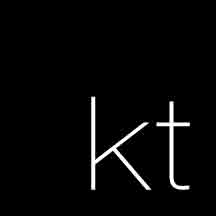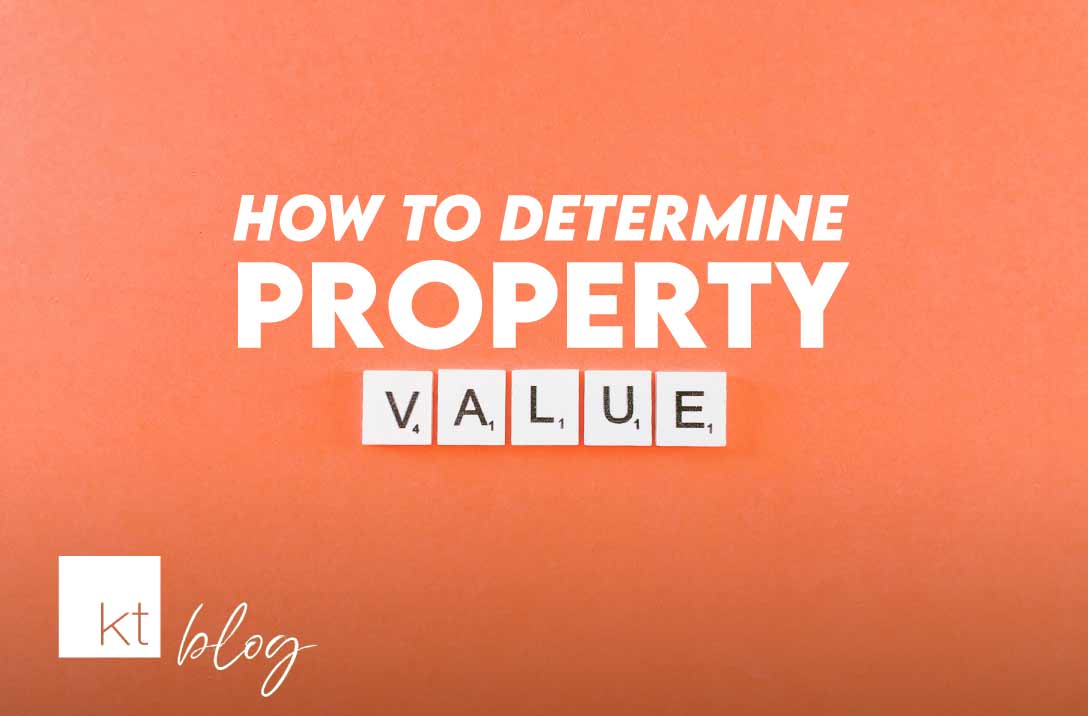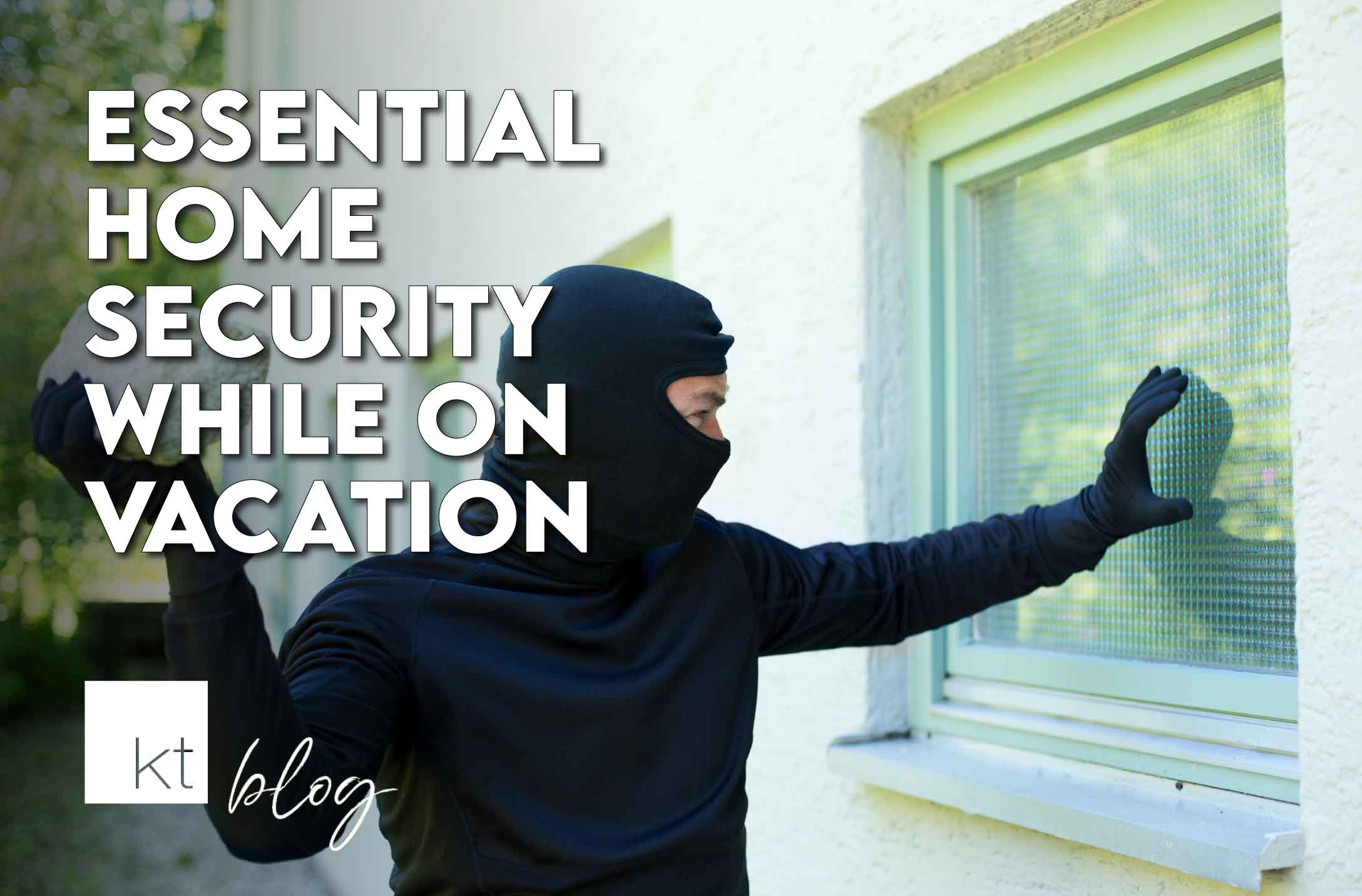One of the most important steps to a successful sale is pricing your home properly. Here are the top three mistakes sellers make when setting a listing price.
1. Allowing Emotions to Cloud Your Judgement
A common mistake that sellers make is getting emotional. This was your first home or the home where you raised your kids. Of course, you see more value in it than somebody who hasn’t established these great memories. Sentimental value is a thing! We also encounter situations where homeowners spend a large sum of money updating the home and expect a greater return than is reasonable. It doesn’t always mean the money was well spent or will give you the expected return.
Put aside the emotions and use a critical eye to compare the property’s features to comparable properties and adjust for differences in the current market.
2. Relying Only on Past Sale Prices
Another common mistake is basing your price on past sales alone. Your neighbour may have gotten hundreds of thousands of dollars more than they anticipated, but that doesn’t mean you’ll have the same experience. Even when the houses are in the same neighbourhood, it doesn’t mean they’ll sell for the same price. The houses may look relatively similar, but you might not have noticed that your neighbour’s house had a new heating and cooling system, premium doors and windows, and a comprehensive kitchen renovation complete with high-end appliances, granite countertops, and custom cabinetry. These kinds of upgraded features can make a huge difference.
I recently had a conversation with a homeowner who informed me that his neighbour from across the street told him that the neighbour beside him sold for $1,300,000 not long ago in a private sale. My client was basing his opinion of value on this information. It turns out that the house sold for $1,200,000, and my client had never seen the inside of the house. Relying on this misinformation and lack of knowledge would have been detrimental to the pricing strategy of his property.
There are a lot of considerations when valuing a home. Here are some of the things we look at:
How to determine real estate value:
- Compile a list of the most comparable sales in your immediate neighbourhood. Select properties that most similarly match your home’s general size and features. With limited sales, you may have to extend your search into surrounding neighbourhoods, making adjustments for differences such as the age of the house, proximity to amenities, etc.; each neighbourhood will have a general benchmark value that differs from the next.
- Break down the differences among features compared to the subject property and assign a value for each. For example, if the subject property has nine-foot ceilings and the comparable sale has eight-foot ceilings, determine a value for that feature and add it to the selling price of the comparable sale, effectively making it more comparable to the subject property. If the subject property lacks a feature that the comparable sale had, you will subtract that value from the selling price of the comparable sale. Once you’ve done this with every feature, you’ll have an adjusted sale price that more closely represents the value of your property.
- If the subject property was sold two months ago, adjust the value based on differing marking conditions. Having a pulse on the market is essential for this.
- Compare your home to other properties that are currently available. Does your home have unique features that others don’t? Is yours more desirable or extremely comparable? Are other homes overpriced or well-priced?
- Gut feeling is a thing also. You can crunch numbers all day, but the house is only worth as much as somebody will pay, so the real question is, what’s the most money a prospective buyer will perceive in the home? Well, somebody who falls in love with the property and has been looking for a property on your particular street for a year will perceive more value than somebody who has just begun their search.
3. Overpricing Your Home
Finally, don’t use an inflated price as a tactic. Some sellers will leave a buffer to negotiate down to the price they want or will price their house high to see if they can get more than they expect to reduce it later. The thing is, when your home first hits the market is when you get the most exposure. The longer your house stays on the market, the greater the chance your final selling price will be lower. Overpricing your home can scare off potential buyers if they see you as unreasonable. You want to ensure buyers are excited, which means hitting the market with the right price.
For more tips and tricks about selling your home, contact l KT Realty at 1 (800) 617-0090 or follow us on Insta





